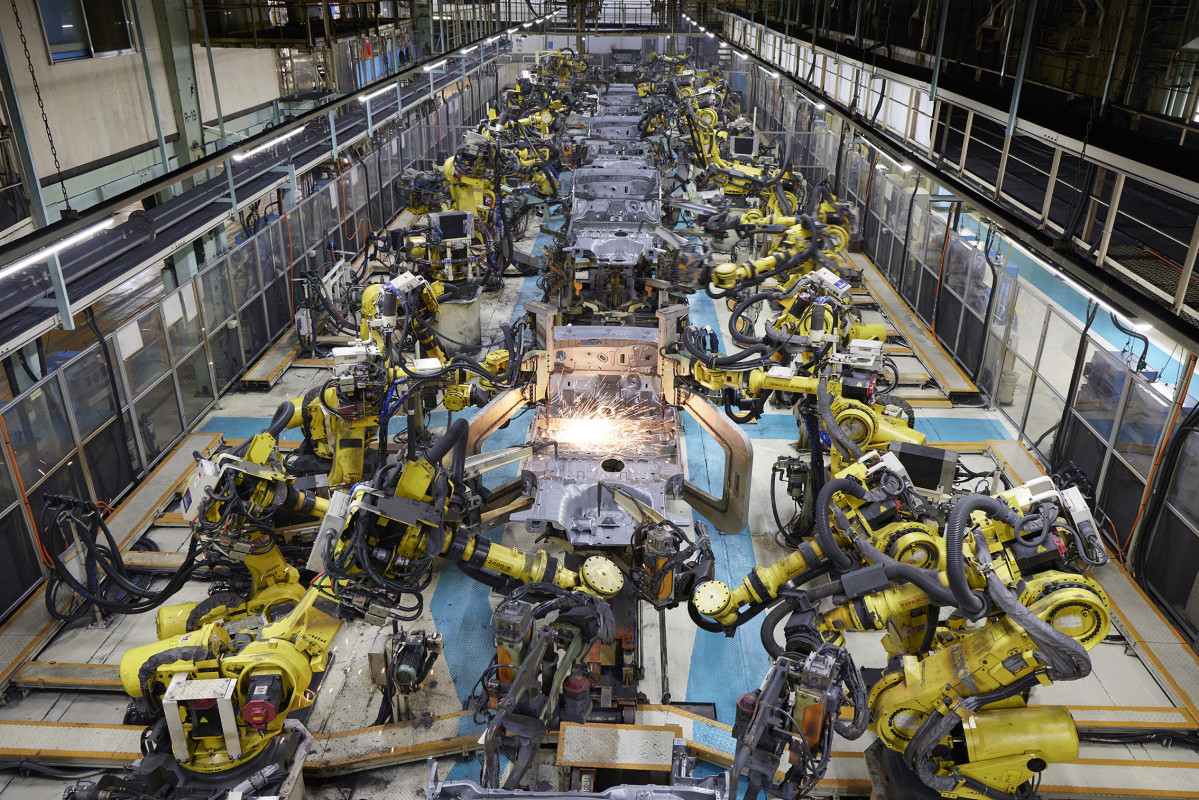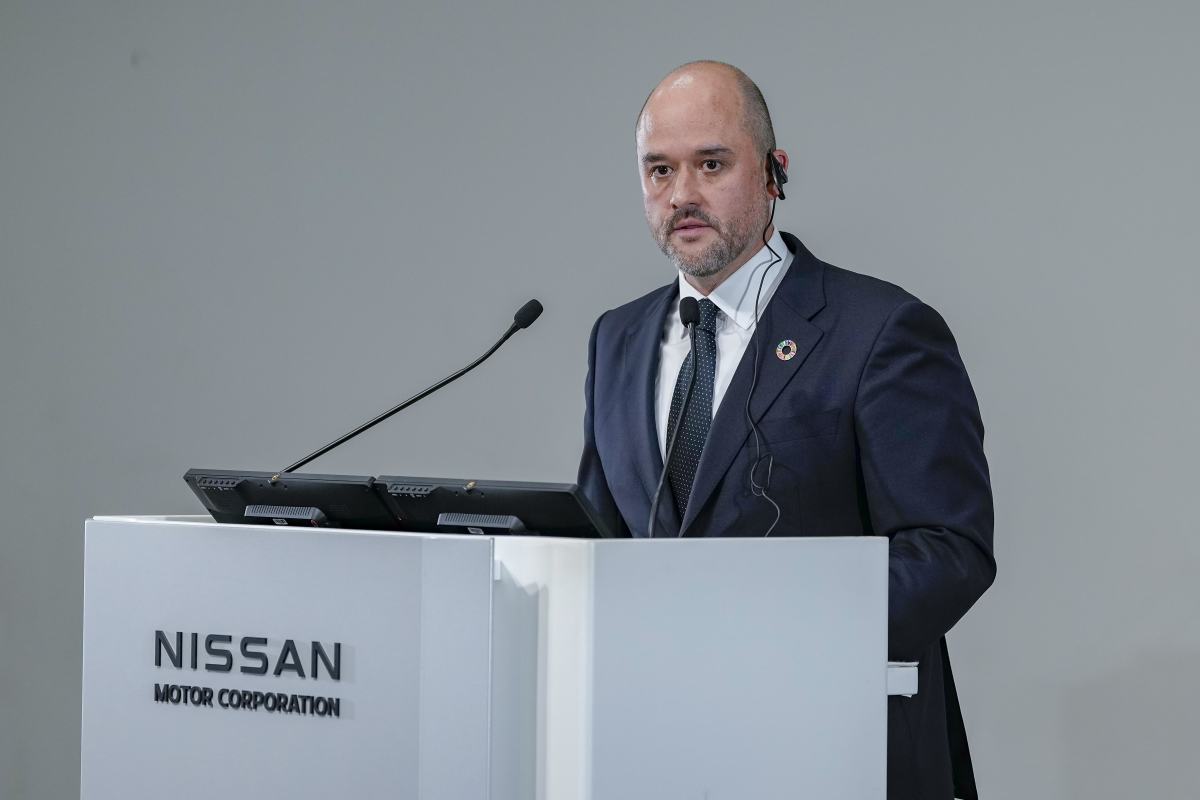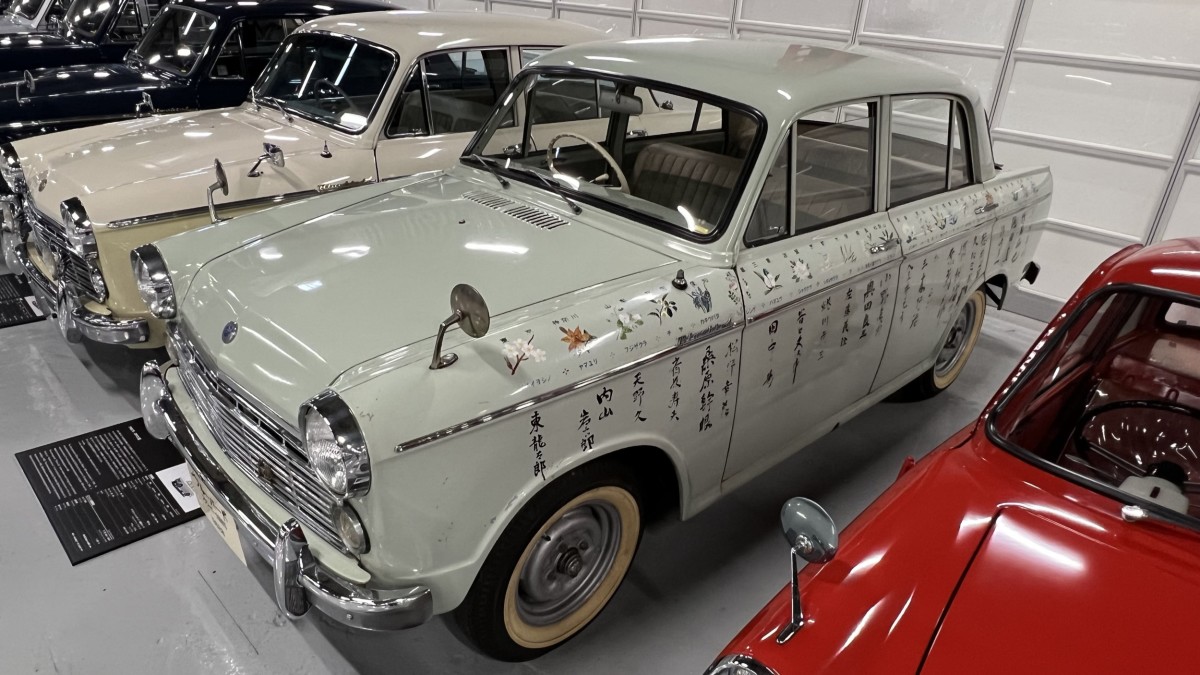Nissan is saying sayonara to a storied facility
In a stunning move, Japanese automaker Nissan announced that it plans to cease production at its storied Oppama plant and transfer its operations to reduce its costs and production capacity as part of its dramatic restructuring plans.
The plant outside Tokyo has operated since 1961 as Nissan’s central facility in Japan and employs about 2,400 employees. However, in a statement dated July 15, the Japanese carmaker said it will cease production by March 2028, a massive move that could leave a noticeable scar on the local economy.
This drastic move comes as the automaker implements its Re:Nissan restructuring endeavors. Not long after taking the helm as CEO, Espinosa announced plans to cut 20,000 jobs and consolidate the company’s manufacturing from 17 factories to 10. By doing so, Nissan will likely reduce annual production to 2.5 million units from 3.5 million.

Nissan
Closing Oppama was a hard decision, CEO Espinosa said
According to Nissan, at the end of the fiscal year 2027, all production at the Oppama Plant will be transferred to Nissan Motor Kyushu Co., Ltd in Fukuoka Prefecture, western Japan. In its statement, Nissan defended the move by stating that after a thorough assessment, it concluded the move from the Oppama Plant to Nissan Motor Kyushu “is the most effective solution based on production capacity, cost efficiency, and investment potential,” adding that the transfer will lower its manufacturing costs in Japan, strengthen the competitiveness of its plants, improve the profitability of Nissan products and support the automaker’s long-term growth. However, the raw numbers will be revealed during its fiscal Q1 results.

Nissan
However, in prepared remarks included in Nissan’s statement, CEO Ivan Espinosa showed some sympathy for the workers who will be affected when the plant completely shutters.
“Today, Nissan made a tough but necessary decision. It wasn’t easy—for me or for the company—but I believe it’s a vital step toward overcoming our current challenges and building a sustainable future,” he said. “The Oppama Plant is a proud part of our history, and its legacy will endure. I want to sincerely thank our employees, the local community, and our partners who have supported this plant with dedication and heart. We will continue to operate in the Oppama area with strong support for the local community, as we carry forward the spirit of the Oppama plant and work to restore Nissan’s true value.”
Nissan also added that production at other plants in Japan will not be consolidated and that it will “explore a wide range of options to determine the most appropriate path forward” for its employees after production ends. Further, it said it will establish and communicate policies to affected employees and begin discussions with their union once decisions are finalized.

Nissan
Nissan is losing an important, historic facility
Nissan’s announcement regarding Oppama is a blow to both the company and the region. Opened in 1961 with the production of the Datsun Bluebird, the Oppama plant holds some historical weight for the Yokohama-based automaker. In 2010, it became the first Nissan plant to mass-produce electric vehicles, as Leaf production started at the plant. According to the automaker, it has an annual production capacity of around 240,000 cars and employs 3,900 people in manufacturing and research roles.
As a direct result, the shutdown of the Oppama plant could devastate Nissan and the area. The plant is also a popular tourist attraction, and many of Nissan’s important parts suppliers are located near the plant. Within its 170 hectares, Oppama is also home to Nissan’s research center, testing facilities, and a wharf for car carriers. In its announcement, Nissan said that the Nissan Research Center, GRANDRIVE, the crash test facility, and Oppama Wharf are unaffected and will continue operations.

John Beltz Snyder
Nonetheless, Kanagawa prefectural government officials emphasized during a May 19 meeting that the effects will have a sizable impact on the region. Kanagawa Gov. Yuji Kuroiwa noted that if Nissan does close, “it will have a huge impact on employment and the economy.”
Final thoughts
The news comes a little more than a week after Reuters and Nikkei reported that Foxconn, the contract electronics manufacturer of items like iPhones and Nintendo Switches, was said to be talking with Nissan to build EVs at Oppama. However, as I mentioned previously, Nissan must overcome more than low sales and a bloated production capacity to save itself; it still has to play ball in its largest market, the United States. Last week, President Trump announced that he planned to impose 25% tariffs on all Japanese exports if a deal isn’t made by August 1.
Manufacturers like Nissan and its contemporaries, Honda and Toyota, face a 25% tariff on imported cars, regardless of country of origin. In remarks to ABC News, Hideo Kumano, the Japanese chief economist at Dai-ichi Life Research Institute, warned that if U.S. tariffs are imposed on Japanese goods, Japan will likely experience a recession. “It’s inevitable to see some kind of damage,” Kumano told ABC News. “There is a possibility that we will fall into recession.”